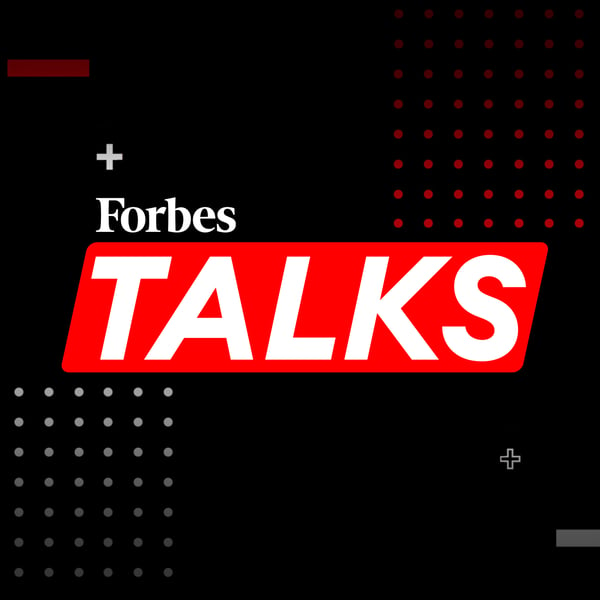Why Students Should Pursue College As A Place To "Learn How To Learn"
Forbes Talks
Forbes Media LLC
5 • 4 Ratings
🗓️ 23 December 2023
⏱️ 14 minutes
🧾️ Download transcript
Summary
If we view the economic value of college based solely on the direct outcomes of post-graduation performance, then perhaps we're evaluating the investment based on incongruent objectives and misaligned time horizons. That is to say, my career-based decisions should be based on my career goals. As such, I should choose the best course of action to increase my likelihood of achieving them. For some, that might mean a college degree; for others, perhaps not.
If we only measure the value of college based on immediate value realization, then we likely ignore the long-term financial benefits that college provides, like the network.
Stay Connected
Forbes newsletters: https://newsletters.editorial.forbes.com
Forbes on Facebook: http://fb.com/forbes
Forbes Video on Twitter: http://www.twitter.com/forbes
Forbes Video on Instagram: http://instagram.com/forbes
More From Forbes: http://forbes.com
Forbes covers the intersection of entrepreneurship, wealth, technology, business and lifestyle with a focus on people and success.
See Privacy Policy at https://art19.com/privacy and California Privacy Notice at https://art19.com/privacy#do-not-sell-my-info.
Transcript
Click on a timestamp to play from that location
| 0:00.0 | Hi, I'm Alex Jackson Jolly. I'm here with Dr. Marcus Collins, who's a clinical assistant professor of marketing at the University of Michigan. |
| 0:11.0 | He is also the author of For the Culture, the power behind what we buy, what we do, and who we want to be. So welcome, Marcus. |
| 0:19.3 | Hi, how's it going? Yeah, glad to talk to you. We, this is the third in a series of conversations we've been having around |
| 0:27.8 | college as a investment, one of the larger investments that people will make in their lifetime, |
| 0:34.8 | and how they should be thinking about that return on their investment. |
| 0:38.0 | It's appropriate because right around now, if you have a student at home, a senior home, or if you're a parent or a professor, |
| 0:46.7 | you know that students are getting their applications in right now and getting ready for |
| 0:51.9 | those decisions to come back. So consumers of |
| 0:56.1 | higher education are really thinking about this right now. And so I wanted to ask |
| 1:00.0 | you, what do you think are the big things that these students should be thinking |
| 1:07.5 | about in terms of making sure they get the most out of their investment. |
| 1:14.0 | If you would have asked me this 10 years ago, |
| 1:16.0 | I think my answer would be different. |
| 1:18.0 | But having been a part of academia for almost a decade now and teaching at a high caliber university, my |
| 1:29.6 | answer is different. |
| 1:30.5 | So back then I would have said, oh, you need to go to a place where, you know, where your major is really good, that you can, you know, learn from really good professors and you have a really great experience and you can get a job after the fact because people don't see that |
| 1:47.6 | Brand on your resume and it's going to signal something about you and it's going to open up more doors. I think today my |
| 1:55.4 | thinking is a little different because I feel like I have always been taught |
| 2:00.2 | or had always been taught to think of college as a vocation as a place where I study |
| 2:06.0 | my vocation, right? If I want to be a marketer, I study marketing. If I want to be a writer, I go into writing, right, or a creative |
| 2:16.8 | writing, where the case would be, or maybe English. But what I found though, and maybe this is a |
| 2:20.9 | bit provocative, I think that college is better seen as a place to learn how to learn. |
... |
Please login to see the full transcript.
Disclaimer: The podcast and artwork embedded on this page are from Forbes Media LLC, and are the property of its owner and not affiliated with or endorsed by Tapesearch.
Generated transcripts are the property of Forbes Media LLC and are distributed freely under the Fair Use doctrine. Transcripts generated by Tapesearch are not guaranteed to be accurate.
Copyright © Tapesearch 2025.

